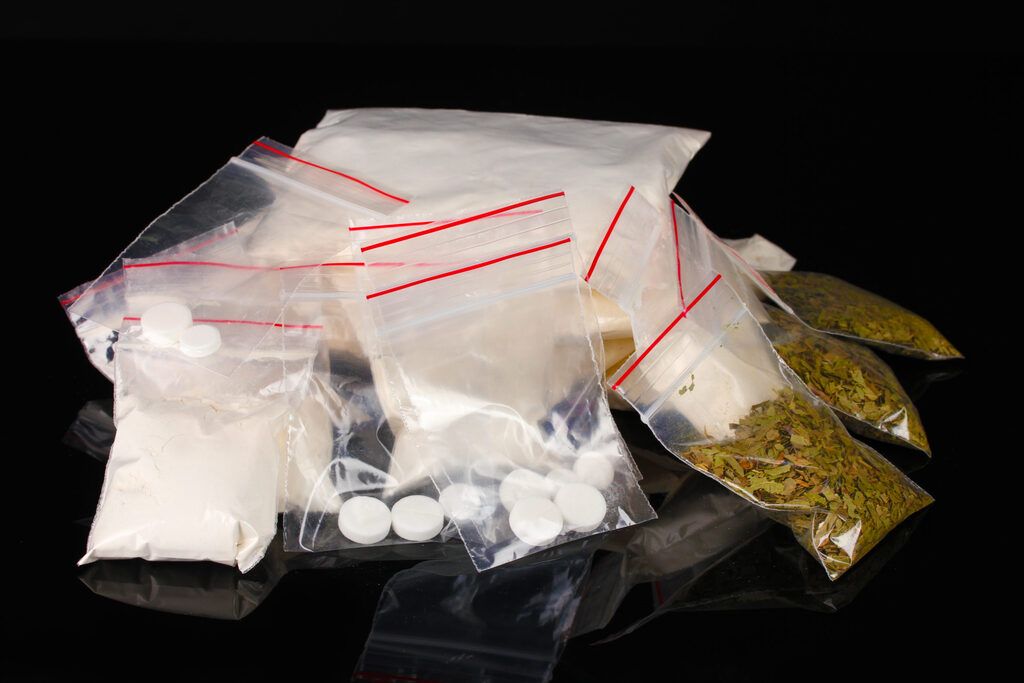
Understanding What Addiction Looks Like
Addiction can look different for everyone. But as unique as each case may be, there are also many commonalities. If significant aspects of your life, including family relationships, friendships, your career, or your health, are being impacted by drugs or alcohol, it should raise a red flag.
Substance use disorders (SUDs) are mental disorders that affect a person’s brain and behavior. SUDs can result in your inability to control your use of substances such as legal or illegal drugs, alcohol, or medications.
Criteria for Assessing Addiction
Four General Categories
The Diagnostic and Statistical Manual of Mental Disorders (DSM) provides a diagnostic tool for physicians to help them determine whether a patient has a substance use disorder. Doctors assess a patient for SUDs using criteria grouped into the following four general categories:
- Physical dependence,
- Risk usage,
- Social problems, and
- Impaired control.
These are the general categories under which the following 11 criteria fall.
Eleven Patterns of Behavior
According to the DSM, substance abuse disorders involve patterns of behavior caused by using a substance that a person continues taking despite its adverse effects. DSM lists 11 criteria or symptoms that characterize the level of severity of a person’s substance misuse.
- You use more of a substance than you intended, or you use it for longer than planned.
- You attempt to quit using the substance, but you find that you are unable to stop.
- You experience intense cravings for the substance, or you experience urges for it that are difficult to control.
- You experience an increased tolerance and begin needing more of the substance to get the desired effect.
- You experience withdrawal symptoms when you’re not using the substance.
- You continue to use drugs despite physical and mental health issues arising.
- You find yourself spending more and more time obtaining and using drugs.
- You find that you have put yourself in a dangerous situation so you can use your drug of choice.
- You give up social and recreational activities that were once important to you.
- You continue using even though it is causing problems in your relationships.
- You find yourself neglecting responsibilities at work, home, or school.
Assessing these criteria allows physicians to determine how severe the abuse is. Assessing these criteria for yourself can help you know when to consider drug rehabilitation.
If you meet one criterion off the list, it might indicate you are at risk of addiction. If you meet two or three of these criteria, it likely means you already have a mild addiction. If you experience four or five of these symptoms, you likely have a moderate abuse problem. However, if you experience six or more of these, you have a severe addiction that requires immediate extensive attention.
Even if you have a minor or mild diagnosis, seeking professional care is critical to reducing the risk of severe and possibly permanent drug addiction.
Reasons for Going to Rehab
Understandably, no one really wants to go to rehab, but it may be necessary. If you have a drug or alcohol addiction, there are many reasons you should go to rehab. The following are six common reasons to go to rehab:
- Detoxing on your own can be dangerous,
- It can save your life,
- Rehab can teach you how to live a sober life,
- A good program can save your relationships and help you build new ones,
- It can teach you how to live a life free of crime, and
- Believe it or not, you will save money in the long run.
Rehab itself is not one size fits all. There are many different rehab programs, and you will have to find one that suits your needs.
New Mexico Addiction Treatment Laws
New Mexico, like many other states, has laws to help protect people from the potential risks of using drugs.
New Mexico Harm Reduction Laws
These laws include policies, programs, and resources available within local communities to reduce the harms of drug use and addiction.
- Good Samaritan Law: New Mexico was the first state to enact a Good Samaritan Law, which allows people who witness someone overdose to call 911 without fear of being charged or arrested for drug use.
- Access to Naloxone: The New Mexico legislature legalized access to Naloxone (i.e., Narcan), which reverses the effects of an opioid-related overdose if administered quickly enough. Loved ones of someone at risk of an opioid overdose can now obtain this life-saving medication without a prescription.
- Clean Syringe Access: New Mexico established a clean syringe access program to help reduce the transmission of bloodborne illnesses from needle sharing. The program, available in most country health departments, allows for the safe disposal of used needles and access to sterile syringes.
The harm reduction laws do not come without criticism from some who believe they may encourage more drug use. However, they are meant to benefit communities as a whole by preventing the spread of disease and reducing overdoses.
Getting Help
When should you consider drug rehabilitation? If you are asking the question, you probably already know the answer. Drug addiction can lead to serious health problems and even death. But before that, they commonly lead to legal troubles. At the New Mexico Criminal Law Offices, we understand the upheaval of facing criminal drug charges. We approach each client with grace and the dignity and respect they deserve. Let us use our decades of experience to help you lead a better, more fulfilling life. Contact us today for a confidential consultation.

